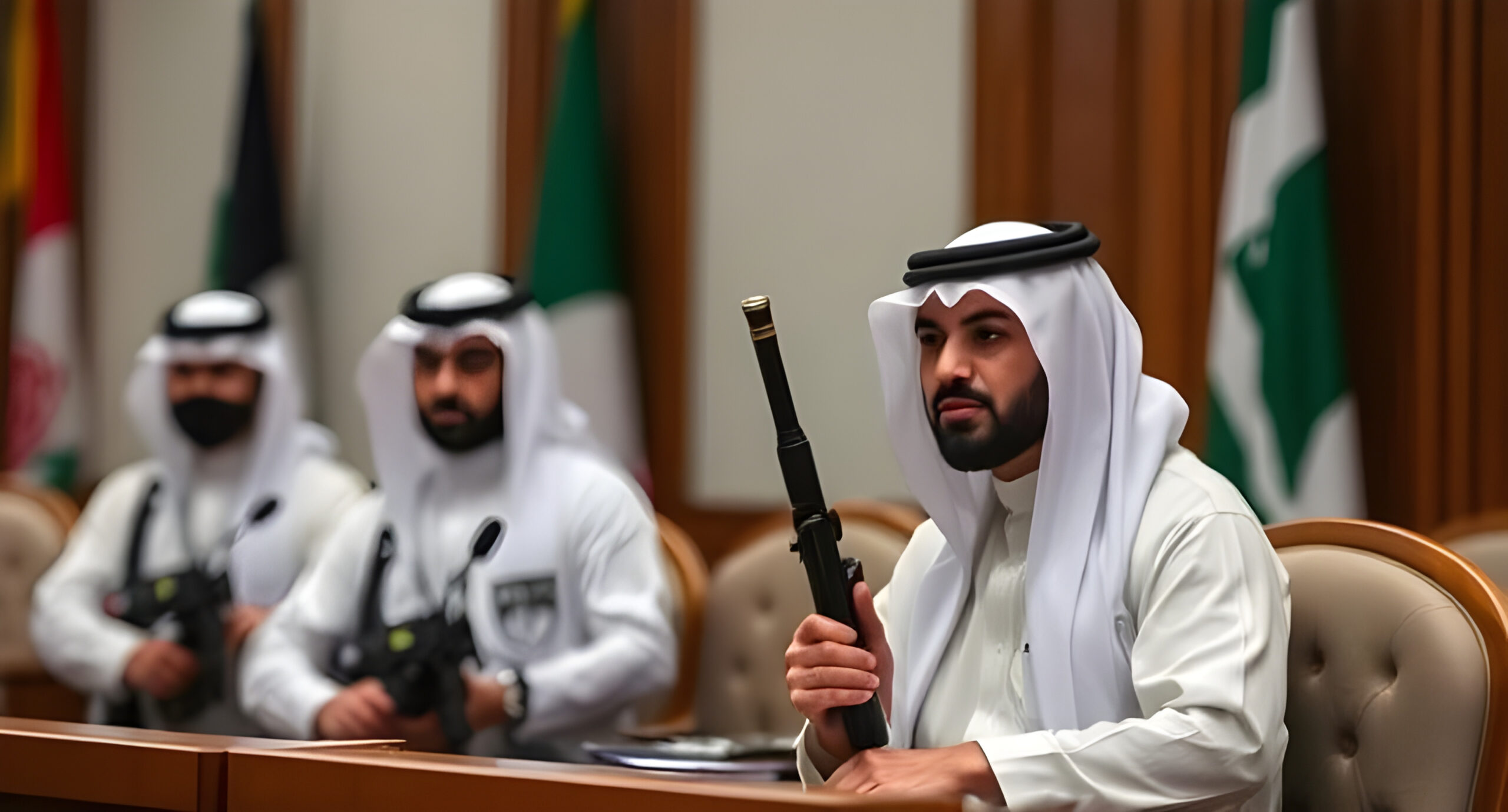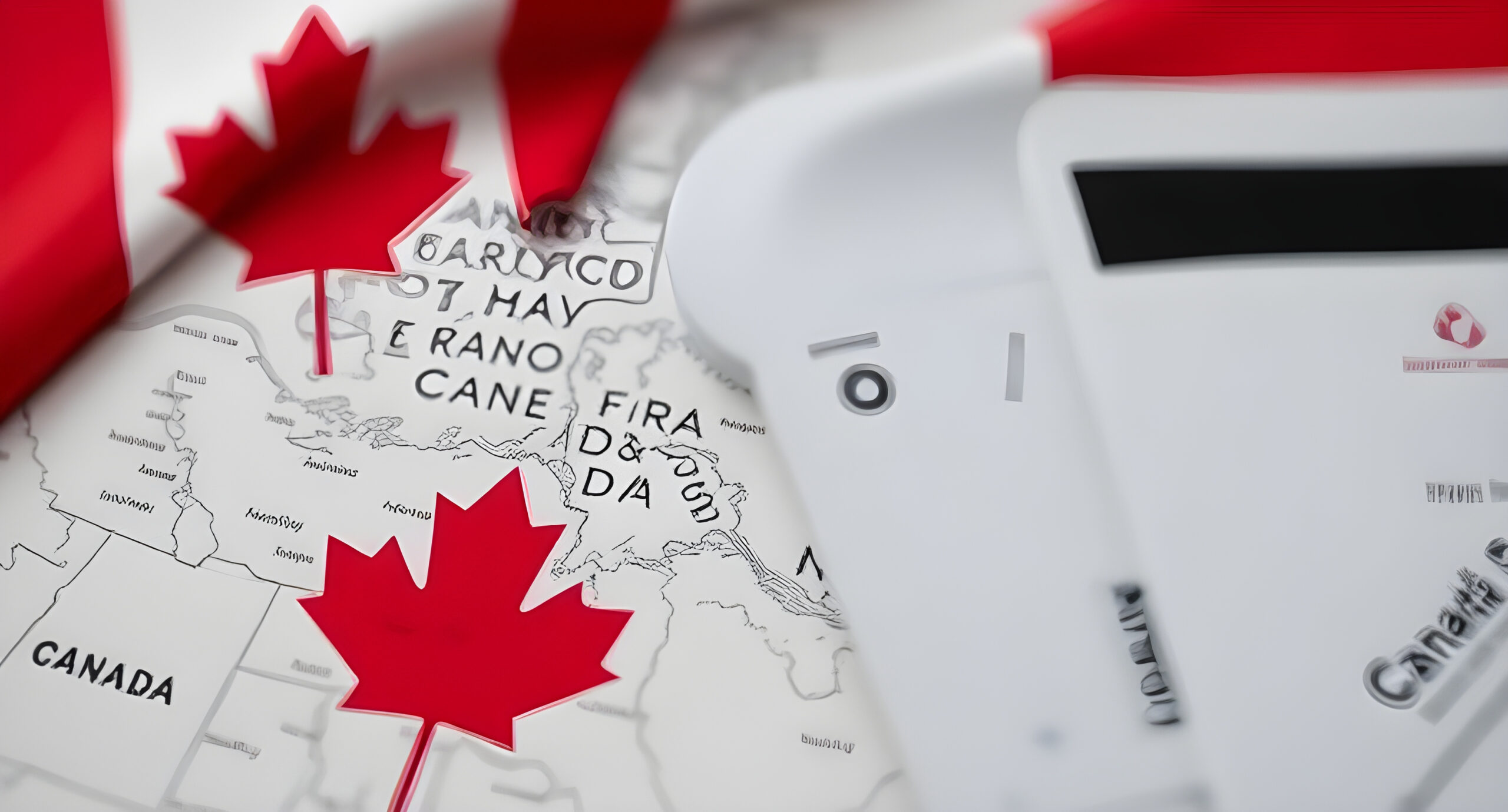The Supreme Federal Court is set to deliver a verdict on March 4 in the appeal of the “Justice and Dignity” case, a high-profile legal proceeding that has garnered significant attention due to its implications on national security and human rights. The case involves defendants associated with the Muslim Brotherhood and the Justice and Dignity Organisation, which have been labeled as terrorist entities by the UAE authorities. In July last year, the Abu Dhabi Federal Court of Appeals State Security Division convicted 53 individuals and six companies linked to these organisations. The penalties were severe, with 43 defendants receiving life imprisonment for their roles in establishing and managing the Justice and Dignity Organisation with the intent of committing terrorist acts within the UAE. Additionally, five defendants were sentenced to 15 years in prison for collaborating with the Reform Call Organization by publishing anti-state content on social media.
The case has raised concerns regarding fair trial rights and the principle of double jeopardy, as some defendants were previously convicted for similar offenses. The UAE’s judicial system faces challenges in ensuring transparency and judicial independence, which are crucial for upholding the rule of law. The ongoing trial and its outcome will be closely watched, given its potential impact on human rights and political freedoms in the region. The Supreme Federal Court’s verdict will provide clarity on the legal standing of the defendants and the implications for future cases involving similar charges.
The legal proceedings have been marked by restrictions on family members’ access to the courtroom, with relatives only allowed to view hearings through a muted livestream. This lack of transparency has been criticized by human rights organizations, which argue that such practices undermine the defendants’ right to a fair trial. The UAE’s approach to counterterrorism laws has also been scrutinized, as these laws allow for significant restrictions on individuals deemed a threat to national security.
As the UAE continues to navigate the complexities of national security and human rights, the outcome of this case will be pivotal in shaping the country’s legal landscape. The verdict will not only affect the defendants but also influence how similar cases are handled in the future, potentially impacting the broader human rights situation in the UAE.





